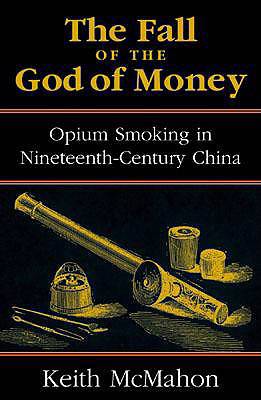
- Afhalen na 1 uur in een winkel met voorraad
- Gratis thuislevering in België vanaf € 30
- Ruim aanbod met 7 miljoen producten
- Afhalen na 1 uur in een winkel met voorraad
- Gratis thuislevering in België vanaf € 30
- Ruim aanbod met 7 miljoen producten
Zoeken
€ 51,95
+ 103 punten
Omschrijving
A cross-cultural study of opium in 19th-century China. It explores early Western observations of opium smoking, the formation of arguments for and against the legalization of opium, the portrayals of opium smoking in Chinese poetry and prose, and scenes of opium-smoking interactions in China.
Specificaties
Betrokkenen
- Auteur(s):
- Uitgeverij:
Inhoud
- Aantal bladzijden:
- 256
Eigenschappen
- Productcode (EAN):
- 9780742518032
- Verschijningsdatum:
- 11/08/2002
- Uitvoering:
- Paperback
- Afmetingen:
- 226 mm x 148 mm
- Gewicht:
- 342 g

Alleen bij Standaard Boekhandel
+ 103 punten op je klantenkaart van Standaard Boekhandel
Beoordelingen
We publiceren alleen reviews die voldoen aan de voorwaarden voor reviews. Bekijk onze voorwaarden voor reviews.







